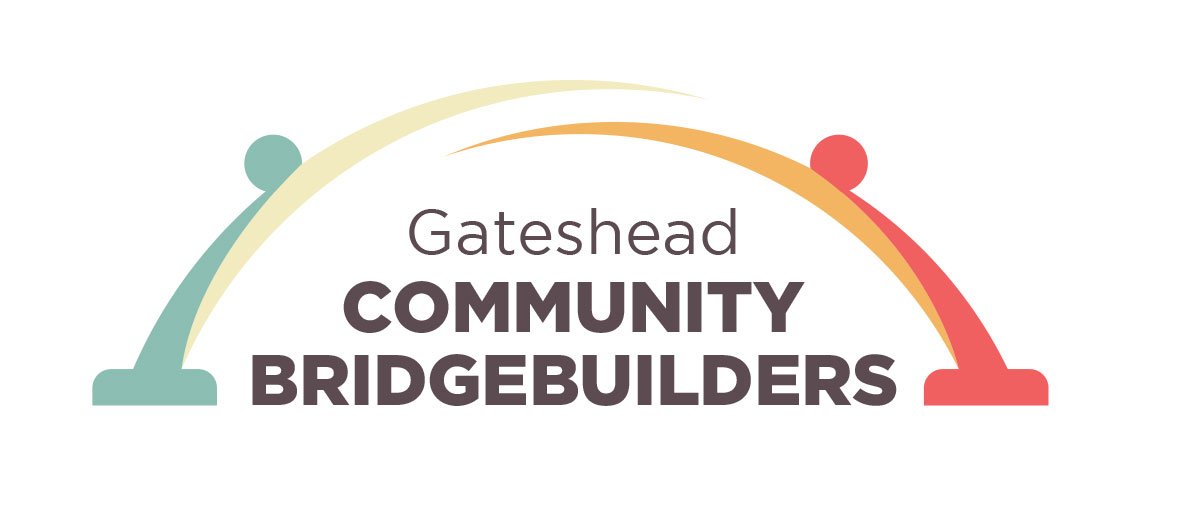Bridgebuilder diaries #6 Teams and Dunston alive
TADA – Safety Nets and Trampolines: Reimagining Volunteering in Gateshead
Rethinking Volunteering in a Post-Pandemic World
“TADA – Safety Nets and Trampolines” is a volunteer-led initiative in Gateshead, North East England, designed to rethink the power and capacity of communities to create systemic change. Starting in February 2021, the project focuses on mobilising community assets through connection, collaboration, trust, and reciprocity.
Unlike conventional projects that prioritise metrics and impact measurement, TADA emphasises relationships as the foundation of change. Volunteers are not just contributors — they become part of a web of support that builds resilience, enables individuals to overcome adversity, and opens up opportunities for both personal and community growth.
Context: Why Gateshead?
Teams and Dunston Alive (TADA) operate in some of the most deprived areas in England, where child poverty exceeds 50%. In response, three national funders — Lankelly Chase, The Ballinger Charitable Trust, and The National Lottery — committed to supporting innovative systemic change projects.
TADA was developed by The Gateshead Coordination Team to reduce social inequality and empower local volunteers to make decisions that directly benefit their communities. By funding marginalised volunteers and increasing local capacity, the project ensures that change comes from those who know their community best.
A Unique Approach to Volunteering
What makes TADA different is its focus on understanding needs before measuring outcomes. Instead of starting with metrics, the project asked fundamental questions:
What does the community need?
What does each individual need?
How can these needs be met creatively and collaboratively?
Using Christine Frazer’s “Trinocular Approach to Community Development”, TADA built relationships with a diverse range of stakeholders, including schools, religious groups, charities, and local services. Volunteers created safe spaces and community living rooms to encourage dialogue, share stories, and co-create solutions.
The focus has always been on walking alongside people rather than dictating solutions, empowering individuals to find their voices while following robust safeguarding and legal protocols.
Insights: Volunteering as Connection and Collaboration
TADA demonstrates that volunteering is most impactful when it prioritises relationships, dialogue, and collaboration over conventional impact metrics. By creating spaces for open conversation, addressing trauma, and providing training in mental health first aid and community conflict resolution, volunteers foster a resilient, supportive ecosystem.
This approach strengthens social cohesion and enables communities to heal, adapt, and thrive. Volunteers become both safety nets — supporting one another during adversity — and trampolines — creating opportunities to grow and succeed.
Lessons for Measuring Volunteering
From TADA, we learn:
Focus on the health of relationships and systems, not just outputs.
Listen deeply to understand the community’s structure, “in-groups” and “out-groups,” and who already collaborates.
Build resilience and remove barriers to participation, from trauma to grief, creating a foundation for volunteers to feel safe and connected.
Ultimately, volunteering is about creating spaces where people can thrive together, and TADA exemplifies this principle in action.
Learn More
Explore TADA’s work and related insights:
IVCO 2024 Think Piece
Chronicle Live coverage
